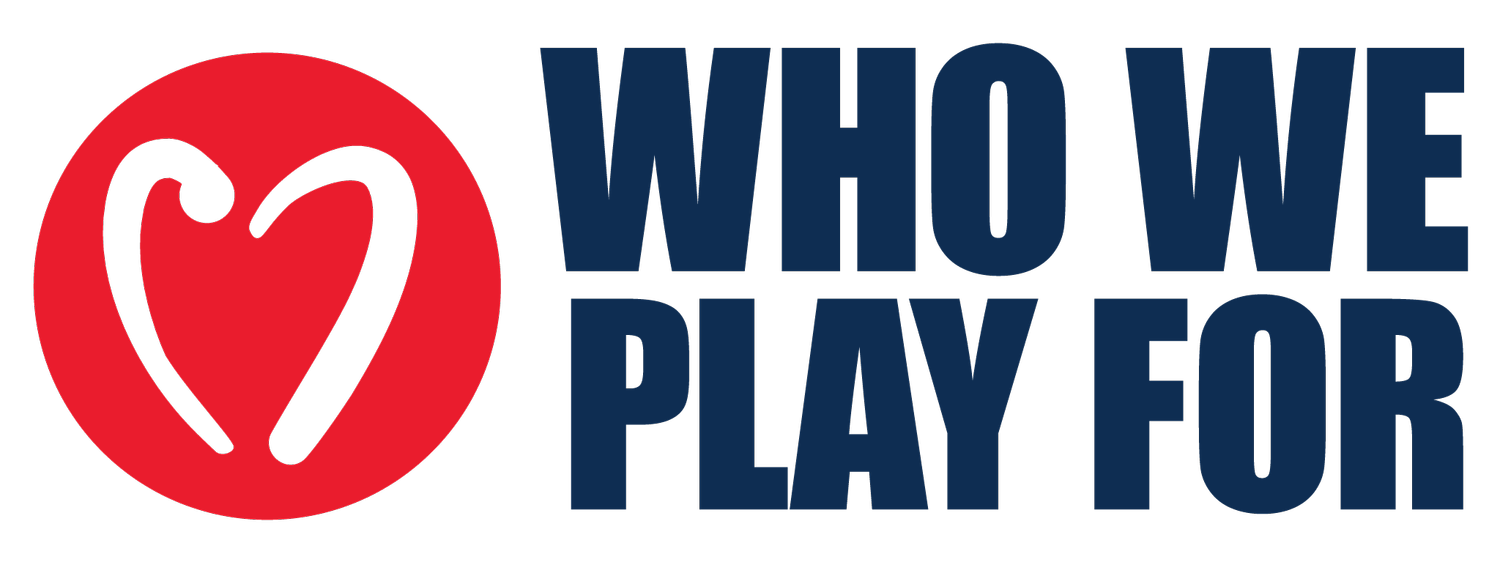Q Waves
Follow Up Required
Your child participated in a cardiac screening with Who We Play For. An ECG was performed and reviewed by a licensed Cardiologist with specific training on reading ECGs according to the International Criteria.
Initial findings of that ECG indicate that secondary testing is necessary.
What does it mean to have an abnormal ECG?
Edit this text to fit what we need.
DO WE HAVE SOME SORT OF VIDEO THAT CAN GO HERE TO EXPLAIN TO FAMILIES WHAT TO EXPECT NEXT?
Abnormal ECG Flag
-
Being flagged with an abnormal from the WWPF Medical Advisory team means our pedicatric cardiologist who reviewed the electrocardiogram (ECG) saw something that matches an abnormality. This does not mean with 100% certainty that there is an abnormality, but additional follow up should be done in order to ensure nothing is wrong.
-
It is recommended by the WWPF Medical Advisory Team to receive follow up care within 90 days of an abnormal flag. The person can continue to participate in activities as long as they are symptom free.
-
If there was an abnormal flag on an ECG the following symptoms would be cause for immediate medical attention:
Fainting or seizures during or immediately following exercise.
Unexplained shortness of breath.
Dizziness.
Extreme fatigue.
Racing heart (feels like it is beating out of your chest).
Sudden and unexplained death of a family member under the age of 50.
If you experience any of these symptoms get an appointment with a pediatric cardiologist right away.
What are Q Waves?
Q waves on an ECG can mean several different things. For a young student such as your child, Q waves will generally be caused by enlarged ventricles, ventricular asymmetry, or the position of the ventricles. In an older person (over 40 years old), it might be indicative of a previous heart attack or coronary artery disease.
Because coronary artery disease is very rare in people under 40 years old, it's more likely to be a ventricular issue.
We don't recommend using standard coronary disease criteria for Q waves in the young, however we do recommend the criteria associated with Hypotrophic Cardiomyopathy be applied. Based on those criteria, your child should get secondary testing with a Cardiologist.
Diagnosis:
Q Waves: Greater than 3mm in depth or greater than 40ms duration in any lead except AVR, III, and V1
Family History: Review family history.
Consult: Pediatric Cardiologist
Secondary Test Might Include:
Echocardiogram
Cardiac MRI
Stress Test
Your child can continue to participate in the current sports season within school/orgnaization guidelines, but should seek the advice of a Cardiologist for a more detailed examination.
Follow Up Care By State
Other Ways to Get Involved






